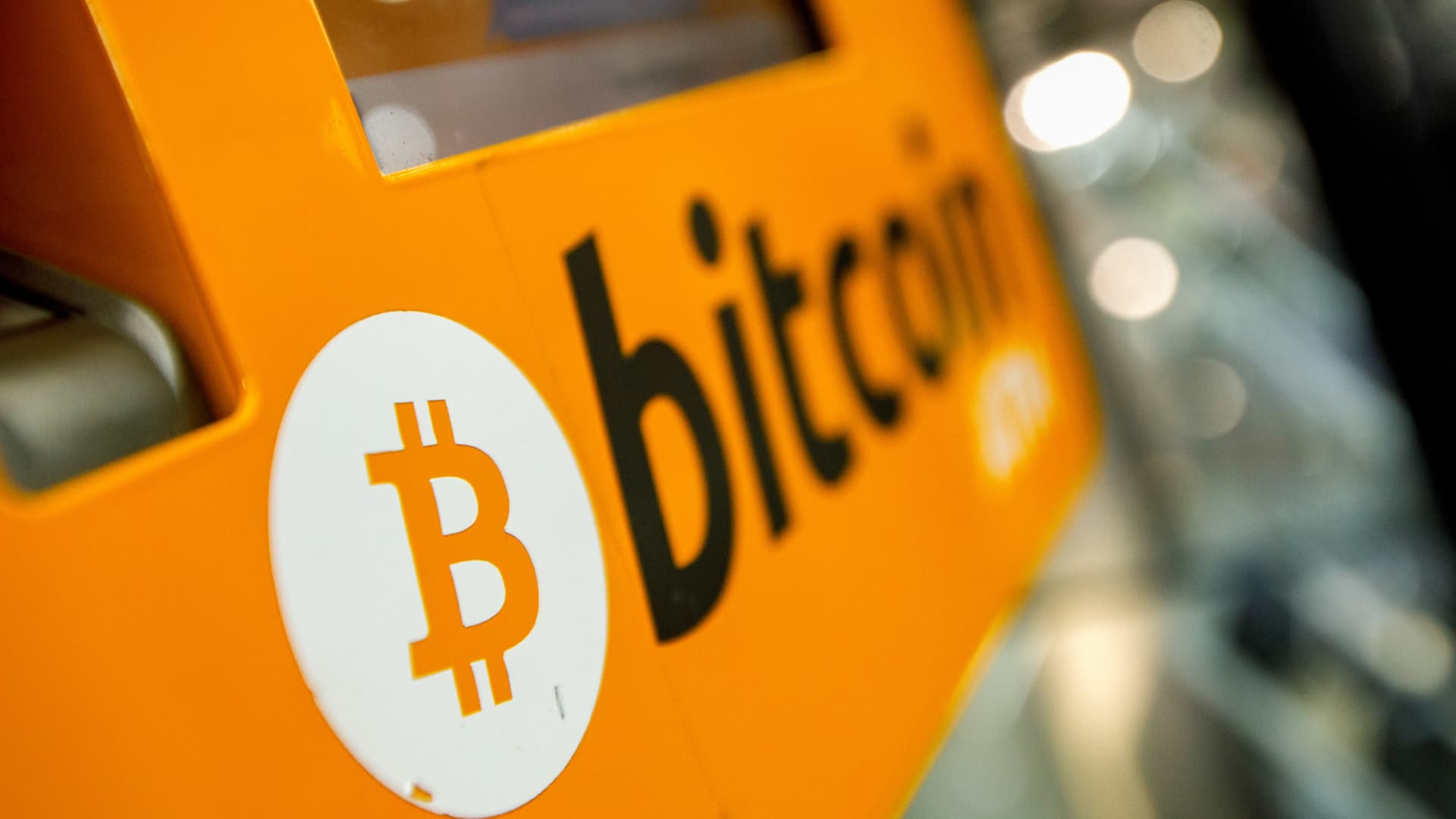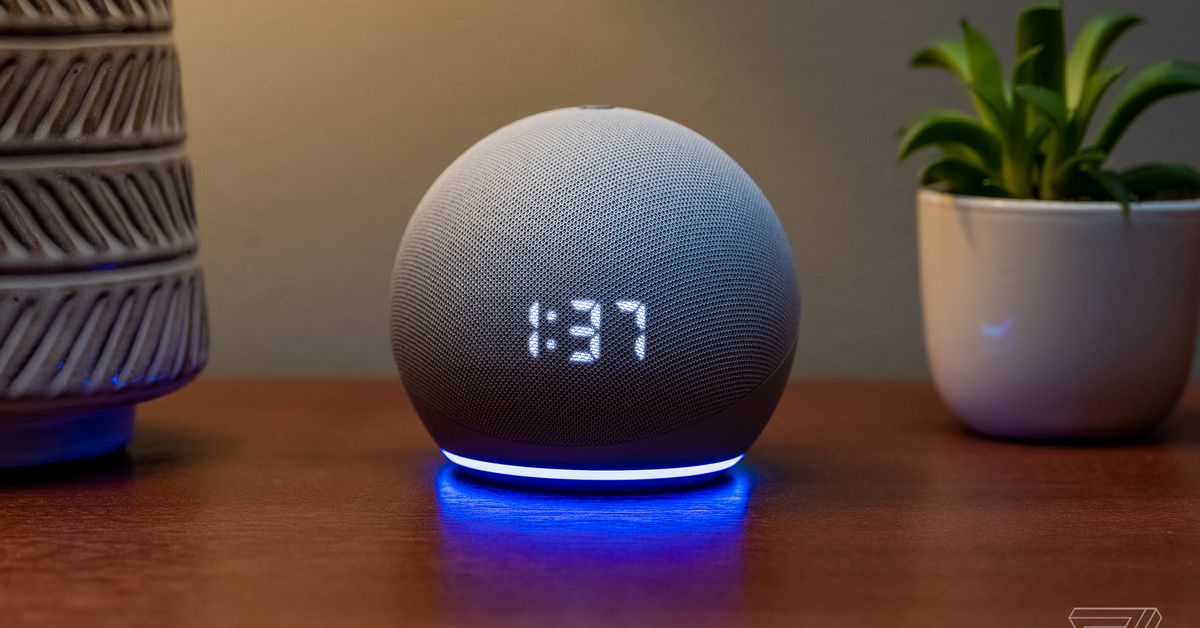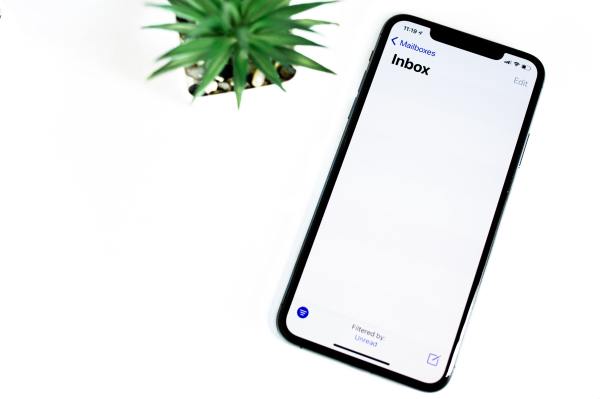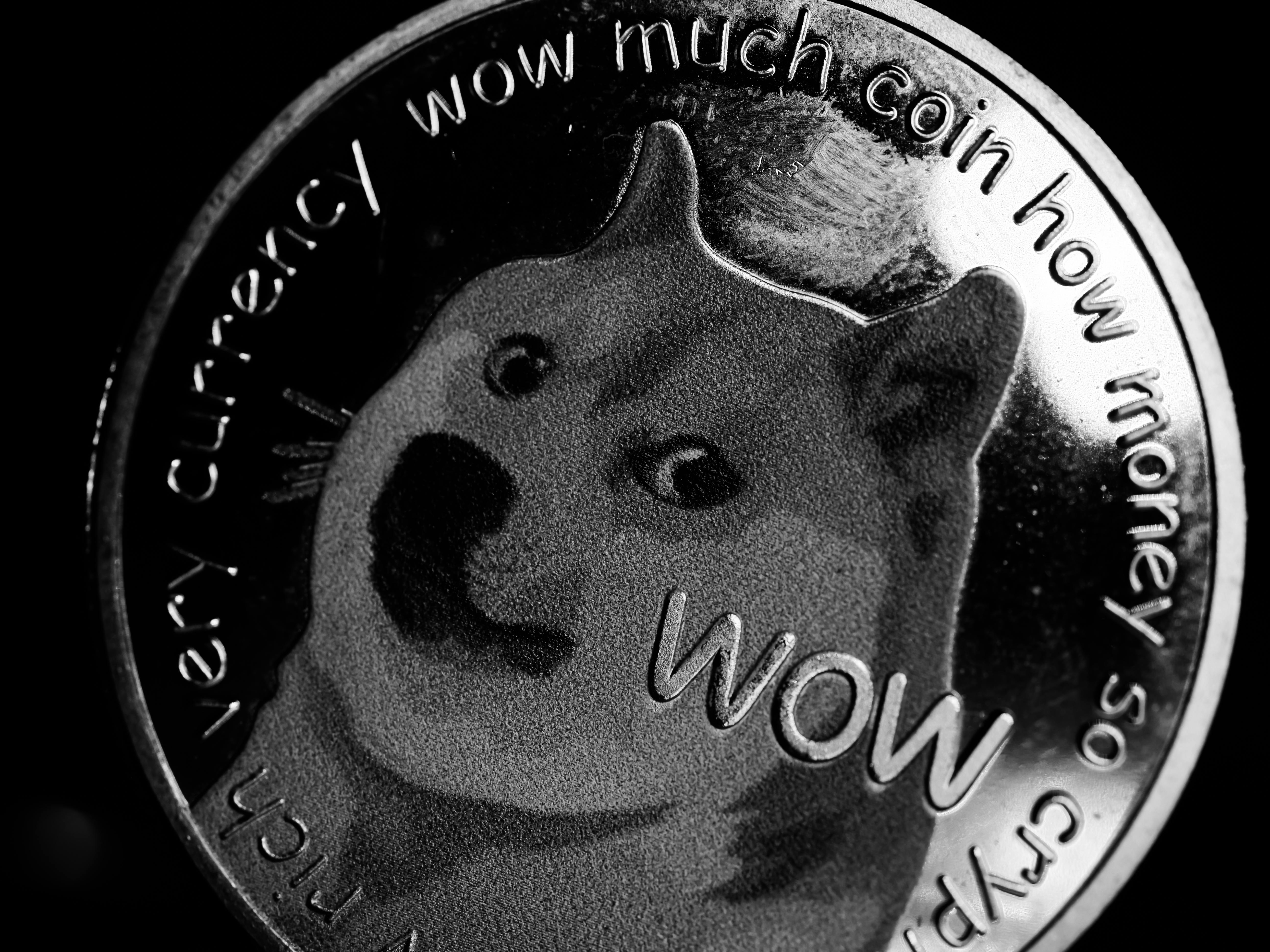Elon Musk can’t fix Twitter because no one can
Elon Musk at the Met Gala, May 2022. | Angela Weiss/AFP via Getty ImagesA $44 billion mistake. We still have lots of questions and theories about Elon Musk’s on-off-on-again deal to buy Twitter. But there’s one thing that everyone...

We still have lots of questions and theories about Elon Musk’s on-off-on-again deal to buy Twitter. But there’s one thing that everyone opining about Twitter seems to agree on: Regardless of who owns it, Twitter is one of the world’s most important social networks — “the digital town square where matters vital to the future of humanity are debated,” as Musk put it last April.
Are we sure about that?
Yes, Twitter can be informative, entertaining, and enraging. For a subset of its users — and I’m in this one — it’s compelling, addictive, and periodically useful. And depending on the way you view politics, you might think, incorrectly, that it represents true public opinion.
That’s different, though, from being vital. And, worrisomely for Musk or whoever owns Twitter in the near future, there’s a very real chance that whatever importance Twitter does have is in permanent decline.
Which may be why he floated an idea about turning Twitter into something else altogether, as he pitched via tweet on Tuesday evening. (You can be forgiven, at this point, for not putting too much stake in Musk’s tweets about Twitter or anything else.)
Meanwhile. Here’s a thought experiment: What happens if Twitter goes offline tomorrow, for good? A bunch of us get some valuable time back, for starters. More seriously, some people lose an easy way to tell the world what they think, and a larger number lose a real-time window to the world.
But realistically, most people aren’t spending time on Twitter to begin with. Most certainly not the youngest generation of internet users, who weren’t that interested in Twitter a few years ago and are even less so today — just 23 percent of American teens say they use the service now, down from 33 percent in 2014, per Pew:
:no_upscale()/cdn.vox-cdn.com/uploads/chorus_asset/file/24085535/Screen_Shot_2022_10_05_at_3.58.15_PM.png) Pew Research Center
Pew Research Center
Even when accounting for users of all ages, Twitter isn’t remotely as popular as other social networks — yes, its 238 million monthly users are dwarfed by obvious suspects Facebook, Instagram, and WhatsApp, but it’s also much tinier than the likes of Snapchat, which has 347 million daily users, and WeChat, the Chinese app that boasts 1.2 billion active users. And despite efforts to move beyond its SMS-based origins — see the Instagram acquisition that never happened and the short prescient life of its Vine acquisition — Twitter remains firmly text-based at a time when much of the world is embracing images and video.
And at the other end of the spectrum, some humans exhausted by Twitter’s chaos and combativeness are warming to quieter, more controlled conversations. The kinds you can find in text messaging threads, or moderated conversations on Reddit or Discord.
Perhaps the best realistic case for Twitter’s importance comes from writer Ryan Broderick, who calls it “the main website through which all culture travels” in America. But that’s not because everyone in America uses Twitter — Broderick is arguing that Twitter is simply the top layer of social media, mainly because it’s quite searchable, especially compared to TikTok (for now). It’s a guide to the rest of the internet, not a hangout.
But it’s easy to see why some Twitter users — particularly those in and around politics, like so many of the bold-faced names who showed up in Musk’s texts — place so much value on Twitter.
Part of that stems from the company’s early years, when it was frequently described as a democratizing tool: Twitter was where a Pakistani engineer could end up inadvertently live-tweeting the top-secret raid that killed Osama bin Laden; it was also where protesters in Egypt, Iran, and Tunisia could organize against repressive regimes.
And a lot of that mental value was cemented during Donald Trump’s campaign and presidency, where a man raised on TV and print newspapers learned he could use Twitter to command the world’s attention, using “just the right amount of crazy.”
But looking backward you can also understand why those use cases aren’t really extendable. Protesters can still use Twitter to organize, but repressive regimes can demand that Twitter take down posts, or they can throttle it or turn it off altogether, or they can throw Twitter users in jail.
I also think a lot of us have misread Twitter’s value to Trump: Yes, he enjoyed his ability to command the world’s news cycle with a couple of keystrokes. But he only got that power because he was president of the United States, and the way he got that job was by spending years playing a successful businessman on television. Now Trump doesn’t have access to Twitter at all (though that could definitely change under Musk), and while his social media reach was pole-axed after the January 6 riots, he’s still very capable of talking to the world whenever he wants. And we have no choice but to listen because he has a good chance to become president again.
But even if Twitter was as important as some of its biggest fans think it was, it doesn’t mean it will stay that way. Digital ecosystems have a shelf life, and it’s entirely reasonable to think that Twitter’s is approaching.
“When I talk to people who are looking at the broader media ecology, it’s very clear that Twitter’s importance in this sphere ... has an expiration date,” the Atlantic’s Charlie Warzel told me when we talked about all of this on this week’s Recode Media. Twitter’s usefulness as a political tool had a decade-long run that peaked during Trump’s presidency, he theorizes. Now it’s likely going to give way to something new. “You can also imagine other politicians or other people coming up and using a different platform in a different way that makes it that important,” he told me.
The obligatory to-be-sure thought is that the 280 million people who use Twitter routinely aren’t going to stop using it overnight. And even if Twitter’s political and cultural importance fades as, say, TikTok’s grows, there will be people of all stripes who will continue to get value out of it.
That includes me, even as I note that most of the people I followed in its very early years — primarily tech-oriented folks, like venture capitalists — seem to have stopped posting entirely. And as Musk himself pointed out, the non-Musk celebrities with the most followers on Twitter rarely use it anymore. Too much hassle, not enough upside.
Betting that anyone — Elon Musk included — can turn around a fading digital consumer company is a very risky proposition, namely because it’s never been done before. Once internet users decide they’ve moved on to something else, they never come back. See: Myspace, AOL, Yahoo. Also see: Mark Zuckerberg’s plan to create a new metaverse business to replace his aging Facebook business.
If you wanted to spin this positively for Musk, you could argue that he doesn’t want to turn Twitter around, but that he wants to turn it into something else entirely — a “super-app” that would have ... everything. Which is what he tweeted on Tuesday. Unlikely it’s going to happen. But it’s maybe more likely than restoring Twitter to the importance many of us imagine it has.
Now is not the time for paywalls. Now is the time to point out what’s hidden in plain sight (for instance, the hundreds of election deniers on ballots across the country), clearly explain the answers to voters’ questions, and give people the tools they need to be active participants in America’s democracy. Reader gifts help keep our well-sourced, research-driven explanatory journalism free for everyone. By the end of September, we’re aiming to add 5,000 new financial contributors to our community of Vox supporters. Will you help us reach our goal by making a gift today?

 UsenB
UsenB 
































